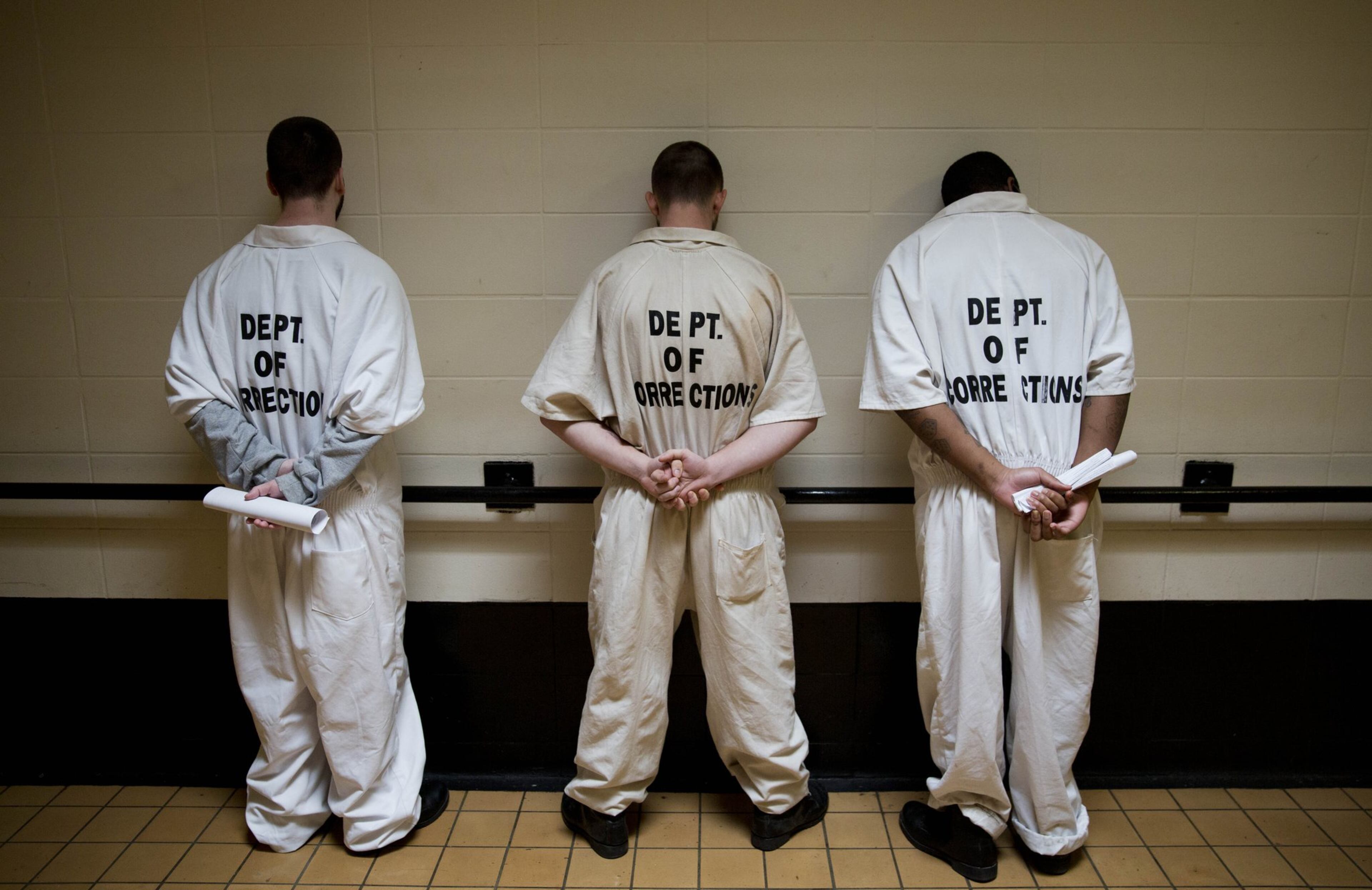Torpy at Large: The Sessions plan to stack ‘em up like cordwood

At first glance, U.S. Attorney General Jeff Sessions strikes one as a pinched-faced fellow who lacks empathy or any experience with those who are unlike him.
That he has urged prosecutors to bring back the hammer — and the accompanying Draconian sentences — for nonviolent drug offenses seems to bear out his countenance.

By all indications, Jefferson Beauregard Sessions III aims to bring back the Reagan-era war on drugs, a generational struggle that has imprisoned millions and has been wrong-headed at best, racially discriminatory at worst.
In a recent memo, the longtime drug-warrior from Alabama instructed federal prosecutors to "charge and pursue the most serious, readily provable offense." By that he means charges that "carry the most substantial guidelines sentence, including mandatory minimum sentences."
This move goes against what another Southern conservative has been doing in reforming how sentences for nonviolent crimes are meted out. The conservative I'm referring to would be Georgia Gov. Nathan Deal, a former prosecutor and judge who has gotten national recognition by concluding that slamming a prison door isn't always the best strategy.
Deal, in fact, has been moved in that direction by a dose of personal empathy. But more on that later.
The feds, too, had been backing off the urge to stick it to those who former Atlanta-based U.S. Attorney Joe Whitley calls “the mopes.” By that, Whitley means the schmucks of the drug trade, the low-level mules who because of their position are unable to rat out others to get a deal from prosecutors.
In 2014, U.S. Judge Patti B. Saris, then chair of the U.S. Sentencing Commission, said a review of cases “found that 23 percent of federal drug offenders were low-level couriers who transported drugs, and nearly half of these were charged with offenses carrying mandatory minimum penalties. The category of offenders most often subject to mandatory minimum penalties were street level dealers — many levels down from kingpins and organizers.”
You know, the mopes.

Last year, Congress, in one of its rare recent dances with bipartisanship, considered a sentencing reform that would reduce several mandatory minimums. However, the plan was scuttled by a team of conservative senators.
Sessions was one of those senators in opposition, simply being true to his lifelong Drug Warrior self. Sessions was joined by U.S. Sen. David Perdue of Georgia, a lifelong businessman and new pol looking to carve out his political niche as an “outsider” — which is now de rigueur.
Stock prices of private prisons have doubled since President Donald Trump’s election because the private prison boys know they will be well served by Sessions & Co., who plan to turn the mopes into profit centers.
Paul Kish, a former federal defender in Atlanta, likened it to President Dwight D. Eisenhower’s comment about the Military Industrial Complex.
“There’s an entire industry devoted to locking them up; there’s a lot of people who benefit from it,” Kish said, referring to prison officials, both private and public, law enforcement agencies, judges, vendors who give campaign donations, etc. etc. etc. “They need raw material for that prison industry. And that raw material is human beings.”
And that brings us to Nathan Deal, who in 2011 took over a corrections system nearing 56,000 prisoners, making the Peach State among the nation’s most happy to incarcerate. A state study at the time figured that population would hit 60,000 by 2016.

The new governor, who was still struggling with budget fallout from the recession, figured there had to be a better way. Even conservatives — including Newt Gingrich, who was setting up a presidential bid — were urging the country to get “smart” on crime.
Deal worked on cutting mandatory minimums and setting up ways to steer nonviolent offenders toward programs that were outside the concertina wire.
One of those who had the new governor's ear was his son, Jason, a former prosecutor and current judge who was overseeing a drug court in Hall County.
Jason Deal’s advocacy for “accountability courts” has helped them spread across the state. That system makes defendants agree to drug treatment, counseling, job training and drug testing in exchange for staying out of prison.
What has moved the younger Deal’s dad?
“First thing, it’s the right thing to do; it’s the Christian thing to do,” Judge Deal said. “And it makes financial sense.”
Part of what pushed Gov. Deal toward reform was his own personal interaction with those in the system. This is the empathy factor that I referred to earlier.
“He sees prisoners (working) at the mansion, and he and my mother got to know them and got to know what kinds of struggles they had when getting out of prison,” said Judge Deal. “The bottom line is most people going into prison are going to come back to our communities.
“The question is who do you put in prison? It’s those you are scared of, not those who you are mad at,” said the younger Deal. “Those capable of being rehabbed, we should rehabilitate them.”
It’s not like the Deals have thrown open the gates at Reidsville prison. There are still 54,500 guests of Georgia’s system, although the state says that population has a higher percentage of violent criminals than seven years ago.
“I’m glad he has taken on this issue,” said the son. “It’ll be part of his legacy that Georgia has led the nation in this. It’s one of those things that no matter what party you’re from you should agree on.”


